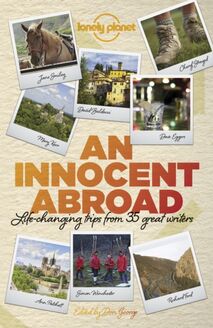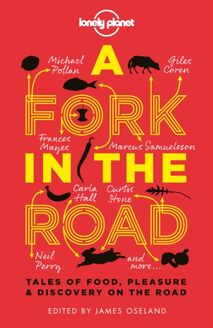Lonely Planet Curiosities and Splendour , livre ebook
150
pages
English
Ebooks
2019
Obtenez un accès à la bibliothèque pour le consulter en ligne En savoir plus
Découvre YouScribe en t'inscrivant gratuitement
Découvre YouScribe en t'inscrivant gratuitement
150
pages
English
Ebooks
2019
Obtenez un accès à la bibliothèque pour le consulter en ligne En savoir plus
Publié par
Date de parution
01 mars 2019
Nombre de lectures
0
EAN13
9781788685146
Langue
English
Poids de l'ouvrage
3 Mo
Publié par
Date de parution
01 mars 2019
Nombre de lectures
0
EAN13
9781788685146
Langue
English
Poids de l'ouvrage
3 Mo












